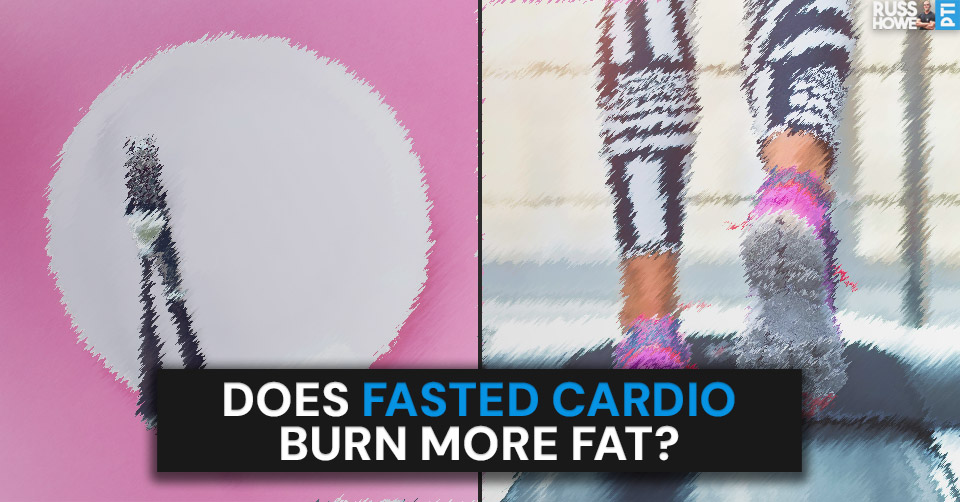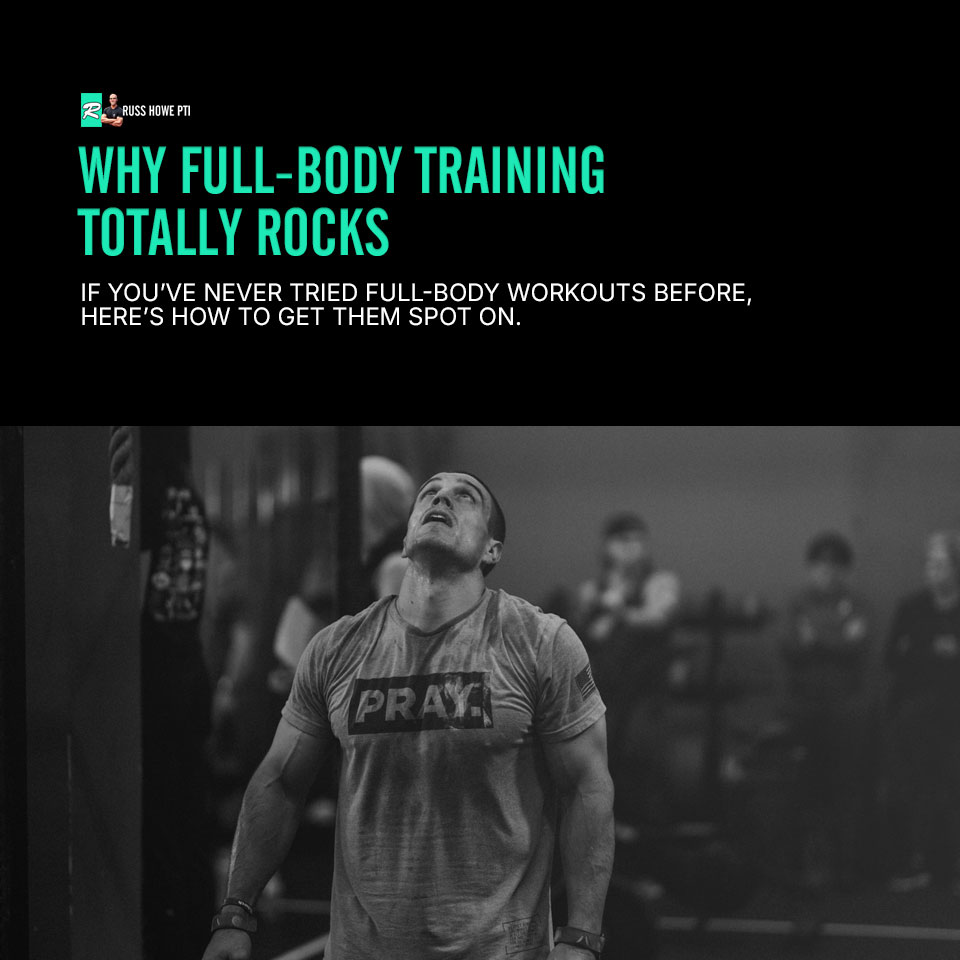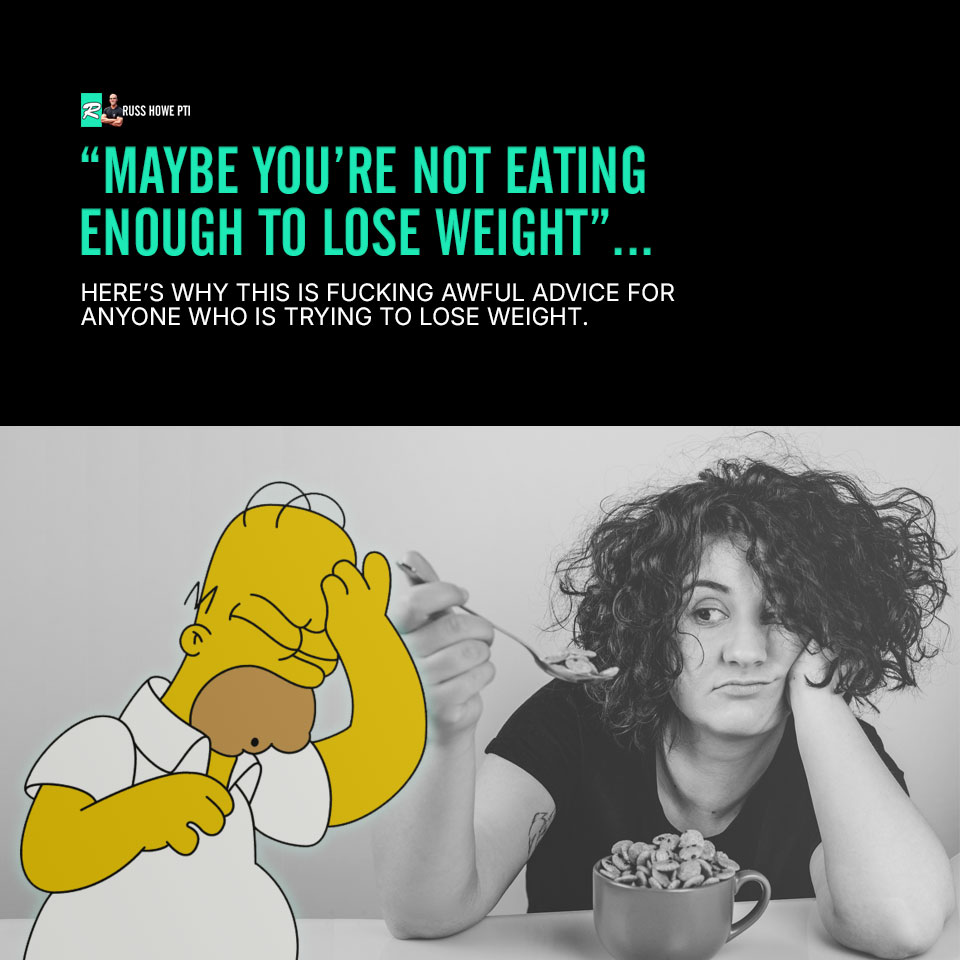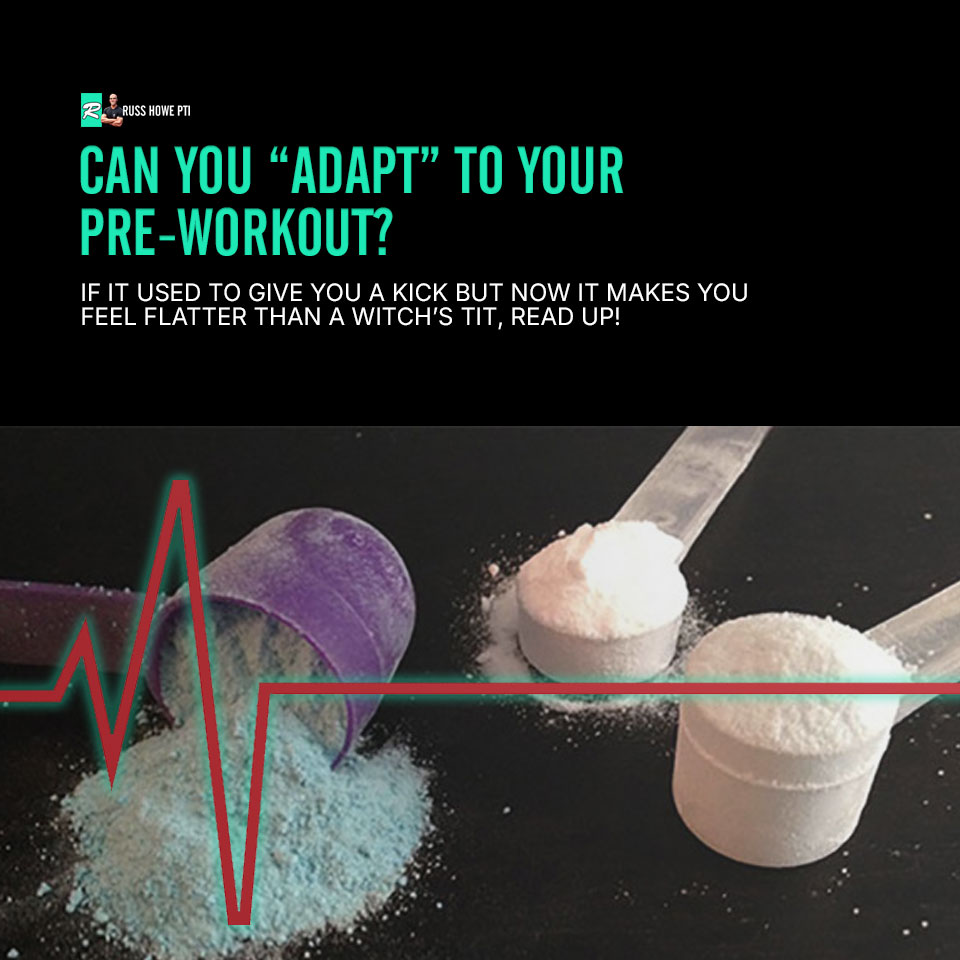The concept behind “fasted cardio” first arrived in the 1970s, and we’ve been fascinated with it ever since.

Can you really burn more fat by training first thing in the morning onan empty stomach?
And if so, how does that work?
Take a look in the cardio section of your local gym the next time you train at 6am and you’ll see that this theory remains as popular today as it was some 50 years ago.
Heck, it even took over Hollywood earlier this year, when J-Lo’s personal trainer claimed that “her fasted cardio workouts are the secret to her great body” (yep, while conveniently ignoring the fact that J-Lo has been in amazing shape for 25 years and has only been training this way for six months).
So it might suprise you to hear that it’s all fucking bullshit.

The Theory Behind Fasted Cardio And Fat Loss
The idea of why fasted cardio could help us burn more fat actually makes a lot of sense.
For many decades, we believed that training in a fasted state would force the body to burn through its existing energy stores (e.g. body fat) in order to provide working muscles with a fuel source.
This makes perfect sense, and it’s the very reason why so many of us “fitness freaks” get outta bed at Fuck O’ Clock in the morning to pound the treadmill, right?
Unfortunately, this theory is DEAD WRONG.

Putting Fasted Cardio To The Test
Yeah, it turns out the human body is a lot smarter than we gave it credit for!
A 2000 study published in the Journal of Applied Physiology was the first to really challenge the old theory that fasted cardio “burns more fat”. (1)
The Australian researchers who conducted this trial were able to clearly demonstrate that training in a fasted state did NOT improve fat loss results, showing that participants who trained in a fed state (a protein shake prior to training) achieved near identical results.
(Heck, if we want to nit-pick – and you know I do – the fed group actually recorded a slightly higher calorie burn overall, but the difference was very small.)
This study sent shockwaves through the fitness world at the time, causing many people to wonder whether fasted cardio really was the “elite fat burning method” we’d always previously believed.
In the years which followed we began seeing more and more studies re-confirm these findings.
The pick of the bunch, and the study which I still regard as the definitive research on this subject, came in early 2011 via the Strength and Conditioning Journal. (2)
This massive meta-analysis had researchers looking into the results of 33 previous studies on fasted cardio and fat loss, and it reached the conclusion that fasted cardio does NOT burn more fat.
“The literature does not support the efficacy of training early in the morning on an empty stomach as a tactic to reduce body fat.
At best the net effect on fat loss will be no better than training after meal consumption, and in some instances it may produce inferior results.
Moreover, given that training with depleted glycogen levels has been shown to increase proteolysis, the strategy has potential detrimental effects for those concerned with muscle strength and hypertrophy.”
– J Strength Cond (2011)
The data has now grown to such an extent that The American Council of Exercise no longer recognizes fasted cardio as an elite fat burning method. (3. 4)
So what gives?
Well, it appears that the body is able to balance our energy requirements by switching between fuel sources on a needs basis throughout the day.
This means if you train in a fasted state early in the morning you will definitely burn through fat in your workout, but your body will switch to using carbohydrates later in the day in order to redress the balance.
Likewise, if you train in a fed state (e.g. after a good breakfast) you’ll burn primarily carbohydrates for fuel during your workout, but the body will switch to burning fat later in the day to once again balance the books, so to speak.
We don’t get a say in it, because humans are “hard-wired” this way.

Russ’ Take-Home Advice
Listen up; I’m not saying fasted cardio is “bad”.
Heck, I’ve done it many times over the years and I actually enjoy it.
But does fasted cardio burn more fat?
The research says NO.
The good news is that this means you’ve got the luxury of choice, because you’ll achieve pretty much the same results no matter if do fasted cardio or fed cardio, so I recommend going with the training type you feel will increase your chances of staying consistent for longer.
Finally, I want to end this article by touching upon those closing words from the Strength and Conditioning Journal with regards to fasted cardio and muscle strength.
You see, it’s important to remember that we’ve only been talking about performing aerobic cardio (e.g. “regular cardio”). There are other types of cardio out there, like HIIT, where this topic wouldn’t even be up for discussion because explosive cardio requires a readily available source of carbohydrates, therefore training in a fasted state would lead to significantly worse performance because you won’t feel as strong. (5, 6)
Does that make sense?
Great!

References:
- Febbraio M. A., et al. Effects of carbohydrate ingestion before and during exercise on glucose kinetics and performance (2000).
- Schoenfeld B. Does Cardio After an Overnight Fast Maximize Fat Loss? Str Cond J (2011).
- Hackney K.J., et al. Timing Protein Intake Increases Energy Expenditure 24 H After Resistance Training. Med Sci Sports Exerc (2010).
- Paoli A., et al. Exercising Fasting Or Fed To Enhance Fat Loss? Influence Of Food Intake On Respiratory ratio And Excess Post Exercise Oxygen Consumption After A Bout Of Endurance Training. Int J Sport Nutr Exerc Metab (2011).
- Wright D. A., et al. Carbohydrate feedings before, during, or in combination improve cycling endurance performance. J Appl Physiol (1991).
- Schabort E. J., et al. The effect of a preexercise meal on time to fatigue during prolonged cycling exercise. Med Sci Sports Exerc (1999).







Leave a Reply